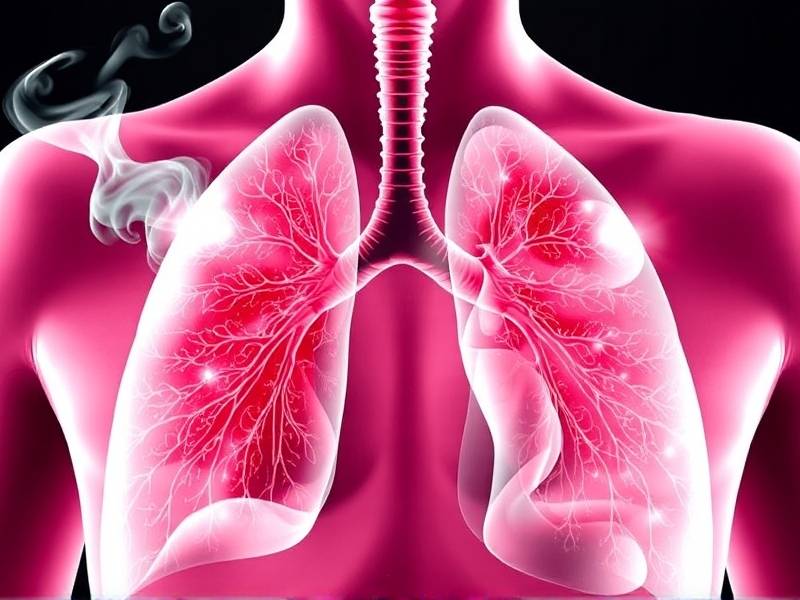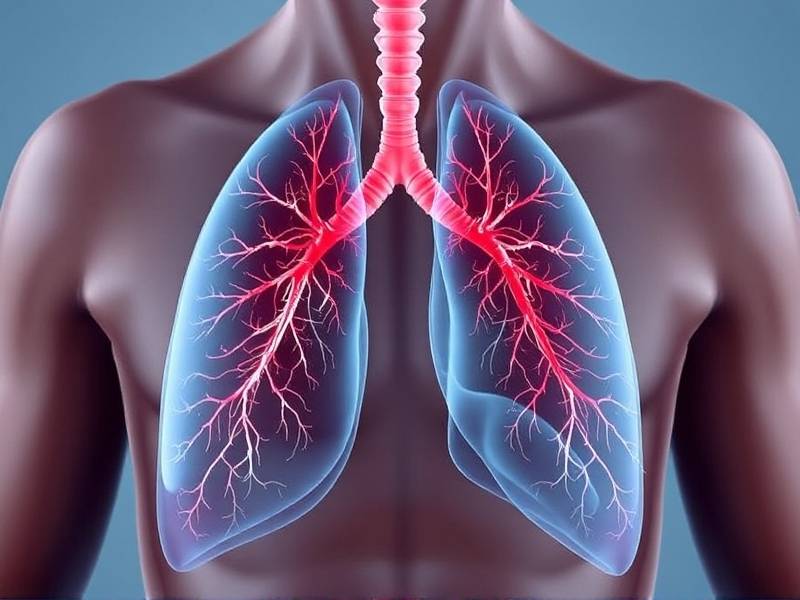How to Clean Your Lungs When You Quit Smoking: Effective Methods for Better Health
How to Clean Your Lungs When You Quit Smoking: Effective Methods for a Healthier You
Introduction: Quitting smoking is a significant step towards improving your health, but the journey doesn't end there. One of the most critical aspects of recovery is cleaning your lungs. This article will explore effective methods to help you cleanse your lungs after quitting smoking and enhance your overall well-being.
-
Understanding the Impact of Smoking on Your Lungs: Smoking damages your lungs by causing inflammation, reducing oxygen levels, and increasing the risk of respiratory diseases. It's essential to understand the extent of damage caused by smoking to appreciate the importance of lung cleansing.

-
The Benefits of Lung Cleansing: Cleansing your lungs can lead to improved breathing, reduced risk of respiratory infections, and increased energy levels. Here are some benefits you can expect:
- Enhanced lung capacity
- Reduced coughing and wheezing
- Improved oxygen supply to the body
- Decreased risk of lung diseases like emphysema and COPD
- Effective Methods for Lung Cleansing:
a) Deep Breathing Exercises: Deep breathing exercises help increase lung capacity and improve oxygen supply. Practice deep breathing exercises daily to enhance lung function.
b) Hydration: Drinking plenty of water helps flush out toxins from your body, including those accumulated in your lungs. Aim for at least 8 glasses of water per day.
c) Steam Therapy: Steam therapy can help open up airways and loosen mucus in the lungs. Use a humidifier or take a steamy shower to enjoy this therapy.
d) Herbs and Supplements: Certain herbs and supplements can support lung health after quitting smoking. Some popular options include:
- Turmeric: Anti-inflammatory properties
- Green Tea: Rich in antioxidants
- Selenium: Boosts immune system
e) Regular Exercise: Physical activity improves circulation, increases oxygen flow, and strengthens respiratory muscles. Engage in moderate exercise like walking or cycling for at least 30 minutes daily.
- Lifestyle Changes for Long-Term Lung Health:
a) Avoid Exposure to Secondhand Smoke: Secondhand smoke can worsen lung damage caused by smoking. Avoid environments with secondhand smoke as much as possible.
b) Maintain a Healthy Diet: A balanced diet rich in fruits, vegetables, whole grains, lean proteins, and healthy fats can support lung health.
c) Get Regular Check-ups: Regular check-ups with a healthcare professional can help monitor your lung function and detect any potential issues early on.
Conclusion: Quitting smoking is just the beginning of a healthier life. By incorporating these effective methods for lung cleansing into your routine, you can improve your overall well-being and reduce the risk of respiratory diseases in the long run. Remember that patience is key; it takes time for your lungs to heal after years of smoking. Stay committed to these practices, and you'll be well on your way to enjoying cleaner lungs and better health!

